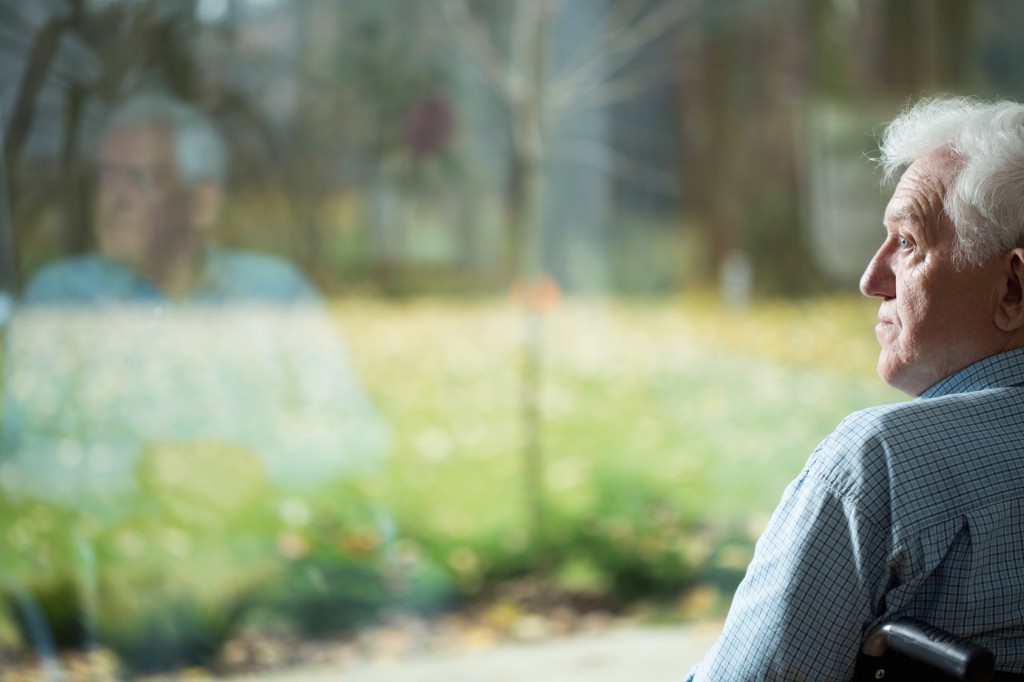Updated August 2025
Data from the Census Bureau’s 2022 Population Survey reveals that 28% of Americans who are 65 or older live alone (but not in a nursing home or assisted-living facility), including about 6 million men and 10 million women. About 11% of American households consist of a person age 65 or older who is living alone, an increase from 9.4% in 1990.
Older women are more likely than older men to live alone, and the difference increases with age. While 27% of women (compared to 21% of men) between the ages of 65 and 74 live alone, 43% of women (compared to 27% of men) age 75 or older are the sole occupants of their households. Meanwhile, the number of older adults living in nursing homes declined by 10% between 2015 and 2024, a trend that was exacerbated by the pandemic.
The Centers for Disease Control and Prevention defines aging in place as “the ability to live in one’s own home and community safely, independently, and comfortably, regardless of age, income, or ability level.” These people may need assistance, but staying home, whether in the family residence or a downsized version, is a paramount goal. Surveys by AARP consistently find that at least 75% of people 65 and older want to stay in their current residence as long as possible.
Some Facts about Living Alone
-
Seniors who feel lonely and isolated are more likely to suffer from poor physical and mental health.
-
There is often a connection between social isolation and higher rates of elder abuse.
-
Socially isolated seniors are more likely to predict their quality of life will get worse over the next 5-10 years.
-
People who are socially isolated or lonely are also more likely to report risky health behaviors such as poor diet, lack of physical activity, and smoking.
Tips for Living Alone
- Exercise – staying active contributes to staying healthy
- Good nutrition – a healthy diet helps us to stay fit
- Daily check ins – make an arrangement to chat with a friend or family member every day
- Be Neighborly – a watchful neighbor can be a great asset when family is not present
- Get a Medical Alert System – when there is a crisis, the Alert System is a connection to help
Social contacts tend to decrease as we age for a variety of reasons, including retirement, the death of friends and family, or lack of mobility. Regardless of the causes of senior isolation, the consequences can be alarming and even harmful. Even perceived social isolation – the feeling that you are lonely – is a struggle for many older people. Fortunately, the past couple of decades have seen increasing research into the risks, causes, and prevention of loneliness in seniors.
(This article was revised August, 2025.)
